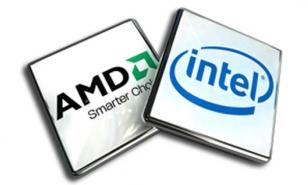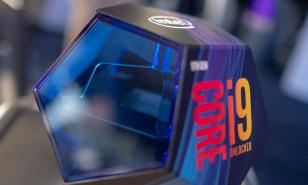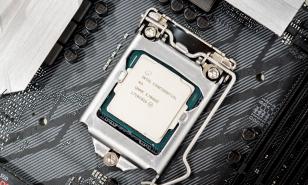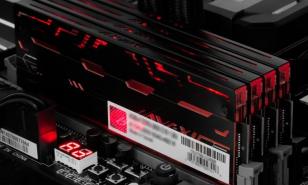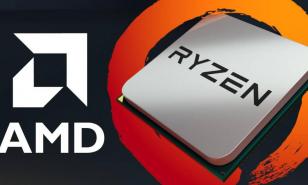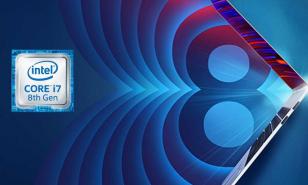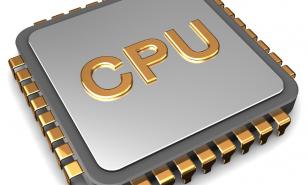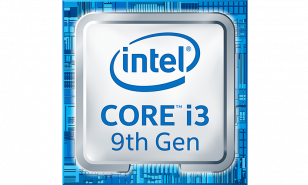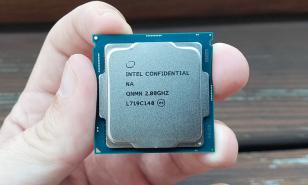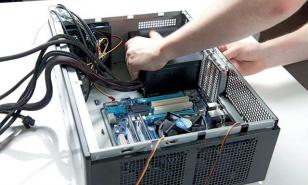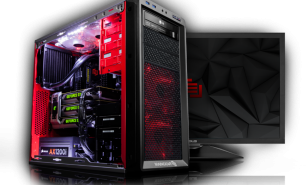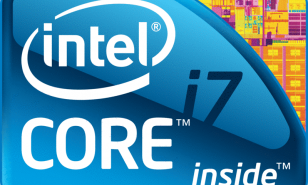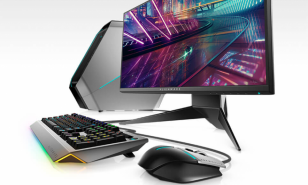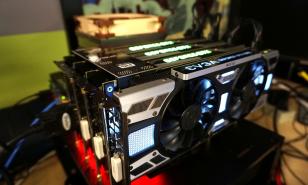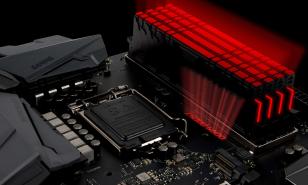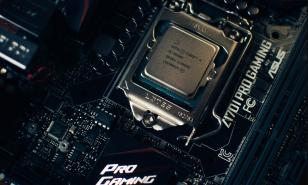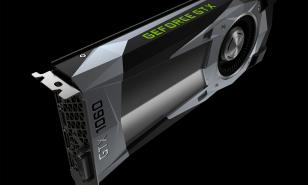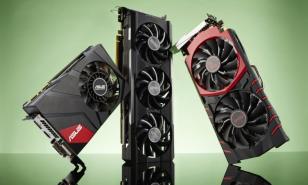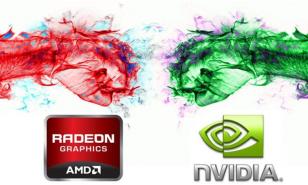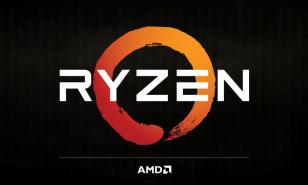How To Buy A CPU for Gaming: 10 Things You Must Know

10 Practical things you need to know before buying that CPU for gaming
Gaming is one of the more taxing operations for desktops and laptops. As such having the right set up for the job is important when buying a CPU. If you don’t have the right set up you run the risk of not only a bad gaming experience, but pushing your PC too far which can cause it to crash.
Here are 10 important things you should know when buying a CPU for gaming.
10. Platform: Desktop or Laptop?
There are two options for PC gamers- gaming on a desktop or on a laptop. There are pros and cons for each so it comes down to your personal preference. The CPUs for these set-ups are different so you need to know what kind of platform you want to play on.
9. Price
Gaming CPUs are not cheap. If you are purchasing a prebuilt PC or building your own then you need to know what your budget is. The more high-end processors can cost up to $1,000 while the lower-end ones can go for roughly $250, maybe lower. Prices can vary depending on where you buy the CPU but you want to get a rough idea of what your budget is.
8. Needs
What do you need from the CPU? Will you need it to handle occasional gaming or do you need it for hardcore gaming. There are several CPU models out there that can handle different workloads. Lower-tier CPUs are generally good for internet and using Microsoft office programs. Mid-tier CPUs do the same, but they are faster and can handle some gaming. Then there are high-tier CPUs that are built for gaming and editing software. Depending on how often you plan on playing games you might not need to get the most expensive gear.
Also keep in mind that different games require different processing speeds and memory space, this information can usually be found online or on the box. If there are several games that you want to play, focus on the system requirements for the game that has the highest specs and purchase the CPU accordingly (this waythe CPU will be able to handle the other games with no problem).
7. Brand: Intel or AMD
Once you’ve figured out what you can afford and what you need, next you’ll want to figure out which brand you want to buy from. Each company has their own specialties and offers a selection of CPU series with varying features, performance ability and prices. Intel is known for being fast and having a good performance, making their CPUs good for general use and gaming. AMD on the other hand has moderate speeds and good graphics. AMD while not as fast as Intel is still reliable and is more affordable than most Intel CPUs, so if you have a tight budget you may want to stick with AMD.
6. Compatibility
If the PC is prebuilt or custom made it doesn’t matter, what matters is that the new CPU you want to use is compatible with the hardware you have. This can mean either picking a different CPU, buying additional components to go with the new CPU or starting from scratch.
5. Number of Cores
When picking out a CPU look at the number of cores it has. The core of a CPU is basically the processor within the CPU itself. The cores are in charge of going through all of the data sent to the CPU. Having multiple cores means that the CPU will be able to get things done faster, but having a lot of cores doesn’t mean more gaming power. Gaming software uses a certain number of cores, so the key is to figure out the exact number of cores you need so you utilize the processor completely. Most gaming CPUs come with a standard four core system, which is optimal for gaming. A dual core system shouldn’t be considered because those CPUs are not meant for gaming.
4. Temperature
Sounds weird I know, but it is important to understand how much heat a CPU will produce when it’s being used for gaming. Gaming software requires a lot of power and processing speed which will produce heat. If for some reason the CPU is producing more heat than it should or it’s not cooling down fast enough, there is a risk of overheating the CPU and causing permanent damage to the PC.
In most cases CPUs have high heat thresholds that they can handle, but if the CPU is being overclocked to compensate for a low processing speed to play a game then it will start heating up. In cases like these once the average temperature of a CPU is found you want to keep in mind how often it will be pushed beyond its limits. By understanding the average temperature of a CPU and how much it will be pushed gamers can upgrade their cooling systems to compensate for the extra heat and keep their gear from burning out too soon. Or they can choose the proper CPU that can handle the games they want to play.
3. Graphics
The CPU works in tandem with a graphics processing unit (GPU) when you play a game. The CPU describes the games environment, while the GPU takes that information to paint the picture on the screen. If the CPU or the GPU are not equal in terms of power you run the risk of having poor graphics. When the CPU runs faster than the GPU the processor won’t wait for the GPU to catch up and will actually skip over it, this causes the screen to freeze. If it’s the other way around and the GPU is faster than the CPU the graphics will be rendered on the screen faster than the commands can processed by the CPU. Explain how it works.
2. Frequency
This is basically the speed of the CPU. The frequency of a CPU is measured in gigahertz (GHz), so when a game needs a dual-core system at 2.0 GHz it means that the game needs a CPU with at least two cores and a minimum base speed of 2.0 GHz. For gaming you want to make sure that the CPU can handle the speed requirements the game software has, if the frequency is too low the processor will push itself to meet that speed and if it can’t the response time and graphics will be slow.
1. Overclocking
Overclocking is the CPUs ability to go beyond its “base” speed. A CPU is overclocked by sending more voltage into the CPU, this enables a CPU to work faster to operate gaming and editing software at the cost of producing more heat. A CPUs ability to overclock will mean that you don’t have to pick a more expensive CPU that goes over your budget. The downside though is that overclocking will slowly damage the CPU, shortening the CPUs lifespan.
- Log in or register to post comments
 Home
Home PC Game Trailers
PC Game Trailers News
News Menu
Menu


